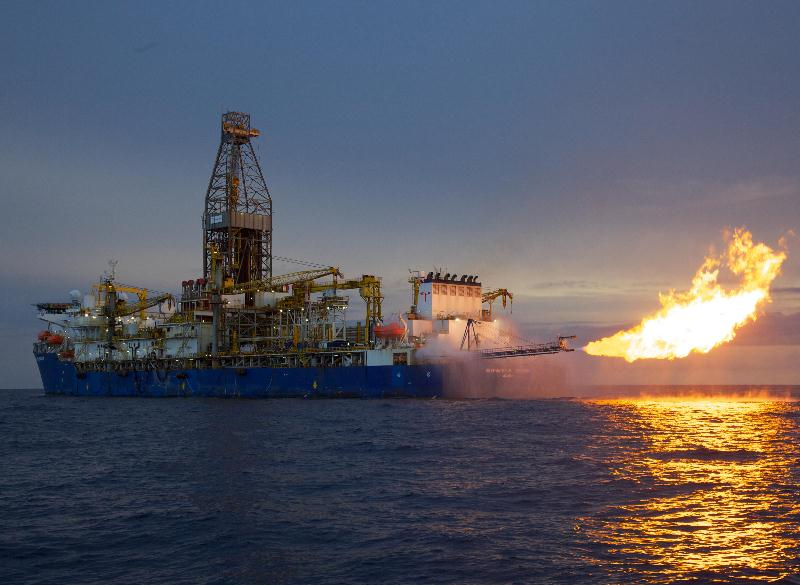The near-perennial rumours that BG may sell its 60% stake share in Tanzania’s Offshore Block 3 have resurfaced this week. The Sunday Times reports that BG is quietly searching for a buyer and a sale is likely, echoing rumours that have been circulating for some months.
BG operates and holds 60% stakes in Blocks 1, 3 and 4 with Ophir holding the remaining 40% in each. The Tanzania fields are incredibly large, but their size is equalled by the cost of bringing the fields to production. Tens of billions of dollars will need to be invested, partly because the country is bereft of even the most basic infrastructure, including a port, roads, and power that would be required for a gas liquefaction plant.
This comes at a time when BG is looking to downsize its global empire, which includes the North Sea, Brazil, East Africa and Australia, following a series of profit warnings that led to the resignation of its chief executive, Chris Finlayson.
Although it is currently understood that BG is looking to sell its entire 60% stake in Tanzania’s Block 3 exploration area, BG also owns 60% of Blocks 1 and 4. This means that BG has the option of selling a minority stake, bringing in cash, reducing its share of future spending, while enabling it to keep operational control of the development.
One industry source has told Menas Associates that ExxonMobil, which is the minority partner in Block 2, may also consider buying out its partner Statoil. A pull out by BG would affect the management of the proposed LNG project because the project manager is currently a BG position based in the UK. This would be mitigated by ExxonMobil’s presence in the project already. However, no move is likely until there is agreement on outstanding issues, including gas pricing, domestic market obligations and the finalisation of the project site.
For more news and expert analysis about East Africa, please see East Africa Politics & Security.
© 2014 Menas Associates
